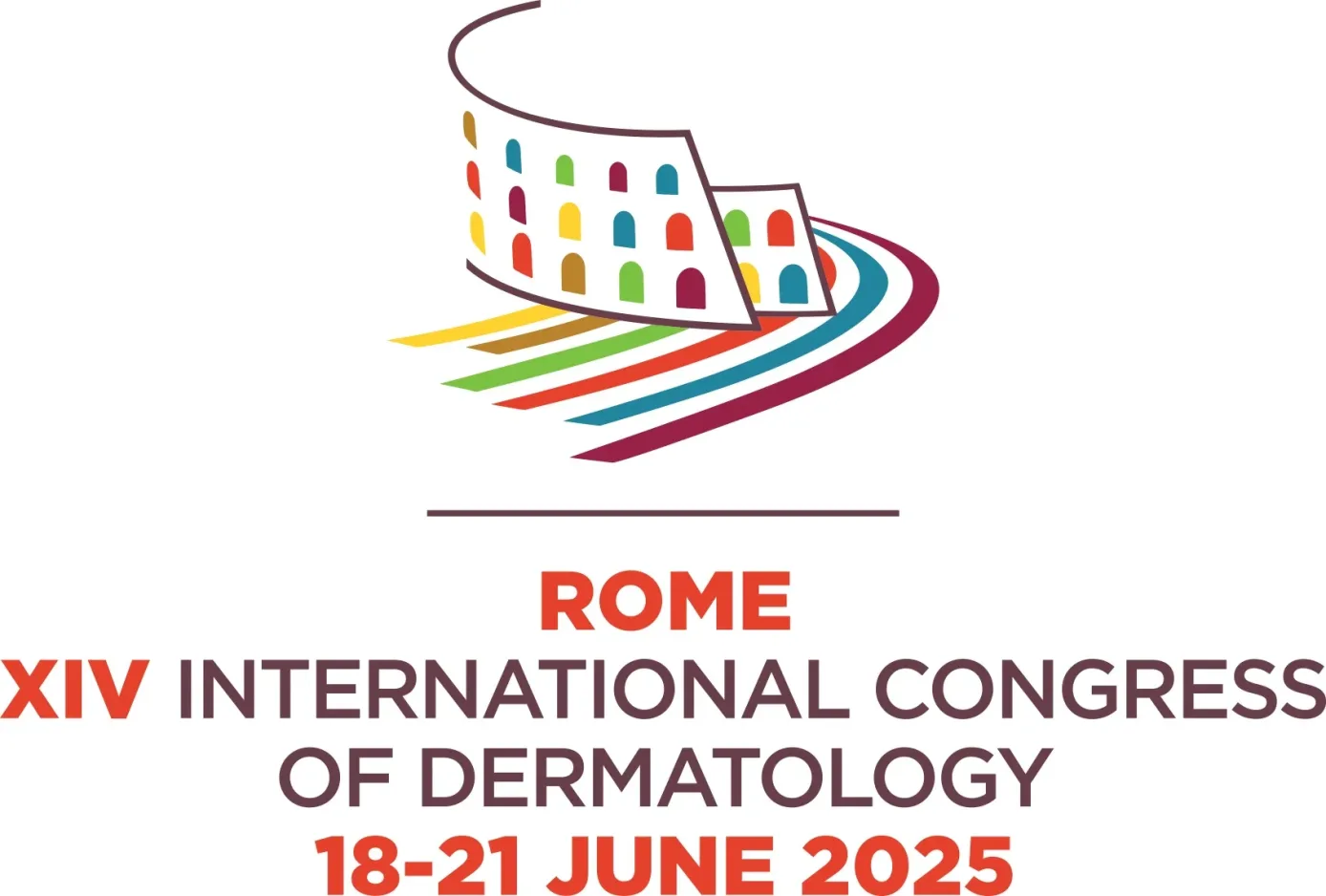GSK has announced its acquisition of efimosfermin alfa, a promising new medicine aimed at treating and preventing the progression of steatotic liver disease (SLD), a condition that affects up to 5% of the global population. This effort marks a major step in addressing an urgent medical need with few existing treatment options.
SLD, which includes conditions such as metabolic dysfunction-associated steatohepatitis (MASH) and alcohol-related liver disease (ALD), is characterized by the buildup of fat in the liver, inflammation, and progressive fibrosis (scarring). These conditions are now leading causes of liver transplants and place a heavy burden on healthcare systems worldwide.
Efimosfermin, a once-monthly injectable therapy, has shown encouraging results in clinical trials. In a recent Phase II study involving patients with moderate-to-advanced MASH, efimosfermin demonstrated a rapid and significant reversal of liver fibrosis. Unlike many other treatments, it worked independently of other therapies such as GLP-1 medications. It also showed potential benefits in lowering triglycerides and improving blood sugar control—key concerns for patients with liver disease and related metabolic issues.
What sets efimosfermin apart is its unique mechanism of action as a fibroblast growth factor 21 (FGF21) analog. With low risk of triggering immune responses and a long half-life, it can be administered just once a month, potentially improving patient convenience and adherence to treatment.
The therapy complements GSK’s growing research and development in liver diseases. Combined with another promising therapy under development, GSK aims to offer both stand-alone and combination treatment options that could halt or reverse liver disease progression.
GSK’s Chief Scientific Officer, Tony Wood, stated, “Efimosfermin has the potential to define a new standard of care with its monthly dosing and favorable safety profile. It strengthens our hepatology pipeline and supports our ambition to deliver precision treatments for patients with liver diseases.”
This acquisition reflects a significant commitment to advancing care for those living with SLD and could mark a turning point in how these widespread and serious conditions are managed.





















